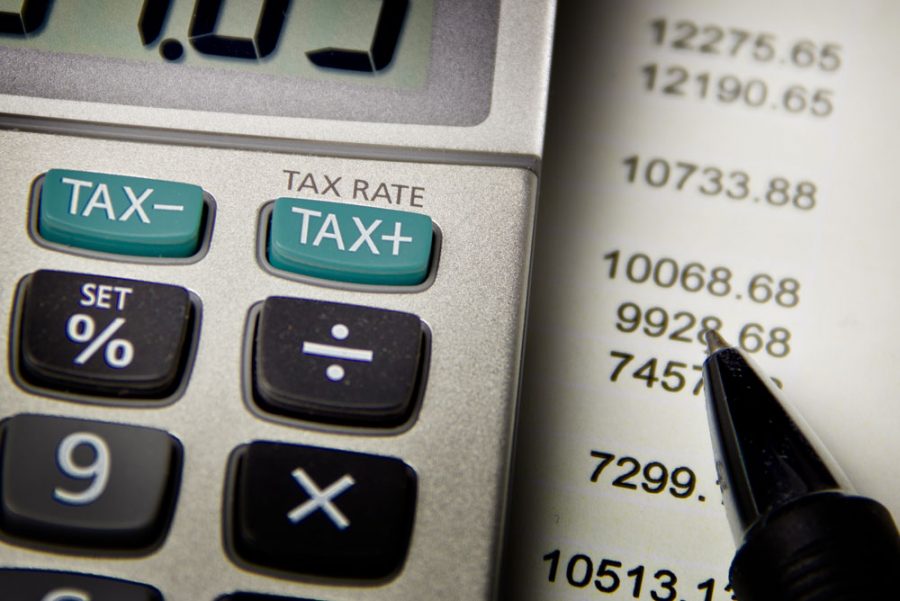So, what are County Court Judgments (CCJs)?
CCJs are court order that exists in England, Wales, and Northern Ireland. A CCJ is registered on you if you neglect to repay money for a loan or mortgage that you have signed an agreement to pay back. CCJs are also known as County Court Summons. In Scotland, a process is known as “Enforcing a debt by diligence”.
But not to worry a CCJ will not appear on your doorstep. Before any of the process starts, there will be a warning letter or a default notice. You will receive a warning letter beforehand stating the amount you owe and that legal action will start if you do not make a payment.
For any credit agreements regulated under the Consumer Credit Act, a default notice must be sent, at least 14 days before action can be taken.

What do you do if you receive a CCJ?
If you receive a letter or notice, it will state how you need to respond and what your next steps are. The letter will also tell you what will happen if you do not take any action. Any letter must include a copy of the Financial Conduct Authority’s default information sheet. The information sheet will give you further information about the legal terms and conditions.
If you get a letter or notice, you should seek advice immediately.
Expert advice can tell you the best way to deal with your claim. Do not ignore the letter or notice or the court will be forced to issue the judgment without your response. Thus, not be able to take your circumstances into account.
One option is that they could order you to pay back the debt all in one instalment, but this may be very difficult for you to do.
The deadline for replying to a claim form when you receive one is 14 days. Fundamentally, you don’t ignore that time limit.
When you reply you will need to fill in a form with information about your income and outgoings. This information will be used to show the court how much money you earn and what you spend each month.
When you receive a letter, you have a few options. You can fill in your defence if you disagree with the said amount. Another option is to admit the claim if you agree with the amount the creditors are claiming you owe. If you do this, you will still need to fill in a form giving the court information about your financial circumstances. Afterwards, you will be asked to make an offer of how much you want to pay.
You can also submit a form known as an acknowledgement of service if you intend to defend the case but need longer than 14 days to make your defence.
What happens next?
Once the court has received the information, it can decide to do one of the following things:
Issue a judgment in instalments; this is where you pay the debt off over time.
Another available option is known as a judgment forthwith. This judgment is where the whole amount you owe is due immediately. But if you have admitted the claim and have offered a monthly payment amount, you’ll likely receive a judgment in instalments.
The court states the monthly amount you will be asked to repay, and they will decide this amount based on the information that you provided.
But you need to respond to the claim. If you do not acknowledge the court will not take your circumstances into account, and they will enter a judgment against you. This term is called a judgment in default. This term could also be a judgment by instalments or a judgment forthwith, which would mean you would have to repay the whole amount in full.
You can ask the court to reconsider under both circumstances. The court can also relook at the case if the payment is more than you can reasonably afford. This action is called a redetermination.
The process of CCJs varies depending on whether you meet specific timescales.
There are several different ways that they can do this:
- Attachment of Earnings Order – The attachment of Earnings Order asks for the amount you owed to be deducted by your employer directly from your wages.
- Charging Order – If you own a property or have a mortgage, the creditor can request to secure a Charging Order against it. Making it vital that you pay back your debt. If you fail to do so could you lose your property where they have secured the Charging Order?
- Bailiff Action – A creditor can also apply to the court for a bailiff to collect the amount you owe. Then if the court permits them, it will grant a Warrant of Execution. This gives the bailiff the ability to visit your home or work to collect the money you owe. They can seize goods that could then later be resold to repay your debt. But you can ask the court to suspend this warrant and then let you pay back the money at a rate you can afford.
How a CCJ affects your credit record
Unless you make full repayment of the CCJ within 30 days of receiving the judgment, it will be on your credit record. The CCJ will be on the Register of Judgments, Orders, and Fines and will remain thereof for the next six years.
CCJs can seriously affect your chances of getting a credit card, bank account, or even a mortgage. So, therefore you mustn’t ignore a County Court Judgement.
In most cases, you can make an arrangement that will allow you to make payments that you can afford and avoid court action.
Make sure you repay your loans on time and pay off your debts as early as you can; This will then show lenders that you are a sensible borrower.
If you have savings and you are using them to repay your debts, then make sure you keep enough to one side for an emergency.
CCJ Mortgages
We have mortgage lenders that will lend to clients that have had CCJs. The availability of lenders will depend upon the amount of the CCJ, the date when it was registered, and if you have satisfied the CCJ.
The Money Hub specialises in helping clients secure a CCJ Mortgage, so please make an enquiry or call us to discuss further.
DISCLAIMER: These articles are for information only and should not be construed as advice. You should always seek advice prior to taking any action.
